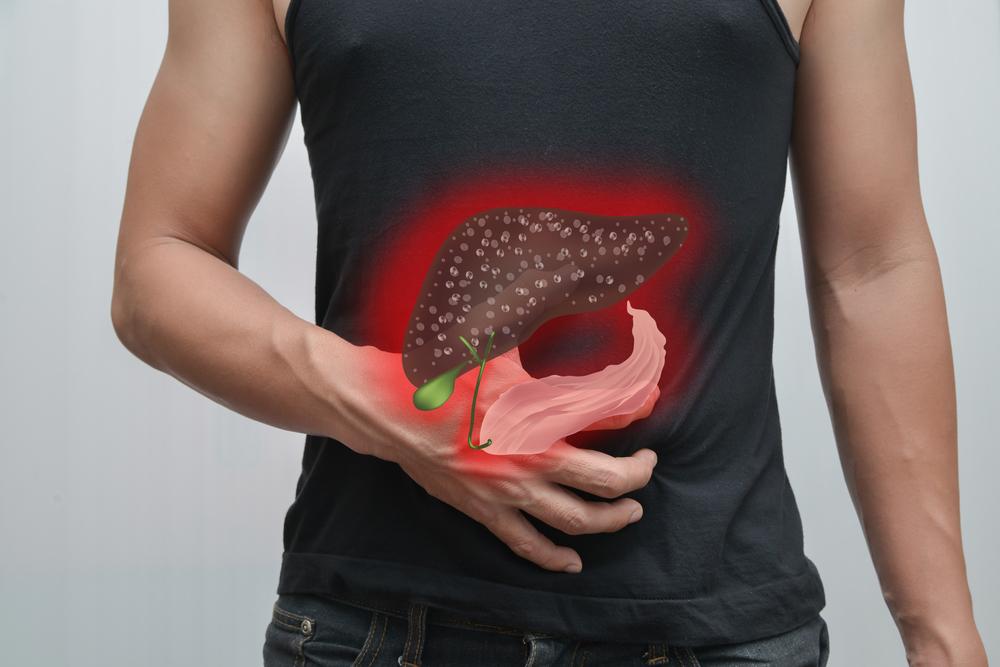Understanding Dementia: Causes, Symptoms, and Diagnostic Approaches
This article explores dementia's causes, early signs, preventive strategies, and diagnostic approaches. It emphasizes the importance of early detection, lifestyle choices, and various assessments used to diagnose different dementia types. Understanding these factors helps individuals manage symptoms effectively and improve quality of life. The content aims to inform and support those affected by dementia or caring for someone with the condition.

Understanding Dementia: Causes, Symptoms, and Diagnostic Methods
Dementia is characterized by a decline in memory, thinking, and reasoning abilities that interfere with daily activities. Its progression ranges from mild, affecting basic functions, to severe, where individuals rely entirely on others for everyday tasks. Diagnosing dementia involves a variety of assessments since no single test can confirm it.
Types and Origins of Dementia
The main causes involve damage or changes to brain cells, such as injuries or degenerative processes. Disrupted communication between brain cells impairs cognition, behavior, and emotions.
Common causes of dementia include:
Alzheimer’s disease: The most common form, characterized by the buildup of amyloid and tau proteins that hinder neuron communication. Symptoms include memory lapses, personality changes, speech difficulties, and trouble recalling remote memories.
Vascular dementia: Often resulting from strokes or chronic high blood pressure, leading to artery blockages or hardening that damages brain tissue.
Lewy body dementia: Marked by abnormal protein deposits known as Lewy bodies, causing visual hallucinations, movement issues, sleep disturbances, and memory problems.
Mixed dementia: A combination of multiple types, frequently involving Alzheimer’s and vascular dementia, common in those over 80.
Genetic contributors: Several dementias have hereditary links, especially those appearing before age 50, suggesting genetic inheritance.
Early Indicators of Dementia
Cognitive shifts: Memory lapses, speech difficulties, and poor visual-spatial skills are noticeable, often recognized by loved ones.
Mental health changes: Personality shifts, anxiety, agitation, and depression may emerge.
Body function issues: A decline in physical and functional abilities can occur as dementia progresses.
Prevention Strategies for Dementia
Engage the brain: Activities like reading, puzzles, and memory exercises can help maintain cognitive health.
Ensure adequate nutrition: Maintaining balanced diets rich in vitamins D, fruits, vegetables, and omega-3s supports brain health.
Adopt a healthy lifestyle: Regular exercise, proper sleep, and sun exposure can reduce risks associated with dementia.
Managing Dementia
Therapies: Non-invasive approaches, including occupational therapy, help manage behaviors and enhance safety at home.
Environmental modifications: Simplifying surroundings and removing hazards can improve focus and reduce accidents.
Task simplification: Breaking activities into manageable steps and establishing routines aid in reducing confusion.
Diagnosis Process
Comprehensive assessments: Diagnosis relies on medical histories, physical exams, brain scans (MRI, CT, PET), and lab tests; no single test suffices.
Cognitive tools: Computerized tests and digital assessments support accurate measurement of mental function, especially when standard testing isn't feasible.
Behavior and function testing: Evaluations of memory, reasoning, and daily skills help track progression and symptoms.
Dementia encompasses various diseases caused by brain changes leading to cognitive decline impacting personal, emotional, and social functions. Early detection and management can improve quality of life. Advances in diagnostics, including brain imaging and digital tools, aid in identifying different types of dementia effectively.










